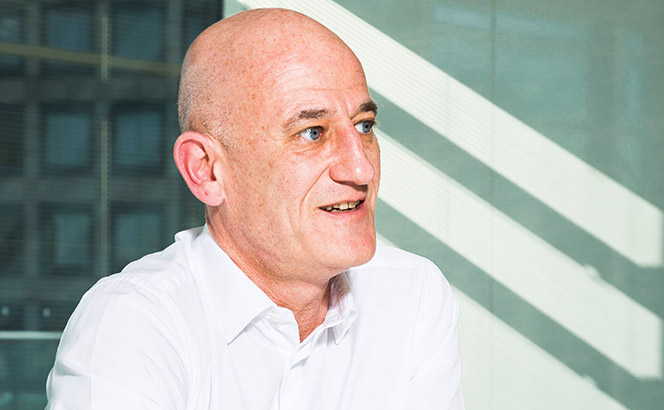Osborne Clarke has rallied in the face of last year’s Covid-hindered financials to record a 7% international revenue increase to €341m as UK profit and profit per equity partner (PEP) saw double-digit elevations for 2020/21.
The global revenue increase from last year’s €318m means turnover has grown a respectable 55% over five years. OC’s UK showing has also received a shot in the arm from last year when the firm posted a subdued 3% revenue increase to £155m from £150m, while UK net profit diminished by 5% to £59.8m from £63m.
In 2020/21, UK revenue increased by 8% to £166.4m, outstripping global performance, while UK net profit saw a pacey 14% hike from £59.8m in 2019/20 to £67.9m.
A 16% surge in PEP to £714,000 more than reversed last year’s 12% drop to £614,000, when significant investments in both its people and infrastructure and partner investments were cited as the reasons for the drop. OC said it continued to strengthen its financial stability with increasing cash resources to £41.1m, up 14% on 2019/20.
Ray Berg, UK managing partner (pictured), paid tribute to the firm’s people, supporting clients, colleagues and the business through one of the most volatile periods it had ever experienced and a year that has been ‘mentally taxing’.
Speaking to Legal Business, Berg was cautiously sanguine: ‘Everyone in the business has worked flat out and there’s a huge sense of fatigue, but to see the way people have responded in a true OC manner, bringing out the best in our values, has just been fantastic. I’m not going to deny, this is a great set of numbers, but they’re almost secondary when you consider where we were a year ago and the huge uncertainty facing the business and our people.’
Omar Al-Nuaimi, OC’s International CEO, pointed to a number of highlights since the introduction of OC’s 2020 strategy, including 9% year-on-year growth in the international business since 2015/16 and increasing multijurisdictional clients – those served in five or more jurisdictions – by 83%. OC has also now passed 2,000 people internationally. ‘We’re proud of our innovative reputation and we plan to keep that spirit alive with a shared vision going forward,’ he said.
At the start of the year, Osborne Clarke launched a new future-focused three dimensional client plan that combines legal expertise, sector understanding and transformational insight across three international drivers of change: decarbonisation, digitalisation and urban dynamics. Berg pointed to the hire of the firm’s first head of inclusion and corporate responsibility, Bola Gibson, as a key development, along with the pandemic’s role in crystallising the importance of such issues. ‘I’ve always said that diversity and inclusion, including wellbeing, would be one of the things our clients and our people measured us on. If ever anyone needed convincing of the business imperative of that, the last 12 months have proved it. Equally, decarbonisation and showing you’re a sustainable business. You’ve got to have an answer that goes beyond the tick box response and it’s genuinely embedded to what you do as a firm.’
The firm’s largest sector, technology, media and communications grew 21%, followed by retail and consumer increasing by 16%, energy and utilities up 8%, financial services up 7%, while other sectors were broadly flat but against strong performances in 2019/20.
In the UK, disputes and risk saw 14% growth, business transactions increased by 9%, projects, real estate and finance grew 3% and advisory by 2%.
Notable UK laterals for the year include that of London real estate partner Richard Wilkinson from DLA Piper; Michelmores London restructuring and insolvency partner Douglas Hawthorn; Tim Harris, patent litigation partner from Bird & Bird, and technology and life sciences-focused venture capital partners – Rob Hayes and Justin Starling – who joined in Reading along with their team from Penningtons Manches Cooper. The firm also promoted 12 international partners in the last year.
Berg noted that, while the economic indicators for the firm and its clients appear positive, other significant challenges could potentially cloud the horizon.
‘If I’ve got one concern it’s the personal impact this has had on everyone. We won’t really know the extent of that for a few months to come. On one level, remote working has been great because we’ve seen a backdrop to every individual’s personal life we would never have seen before, but equally you get a certain picture with a virtual veneer, which makes it harder to really understand what people are dealing with.
‘Layer onto that the war for talent, which is really going to have to make law firms be very clear on what they are about. If people are stuck at home who joined OC because of its wonderful culture that they’re not physically experiencing, the lure of a huge US salary becomes a very attractive proposition. That goes back to making people want to come into the office.’















